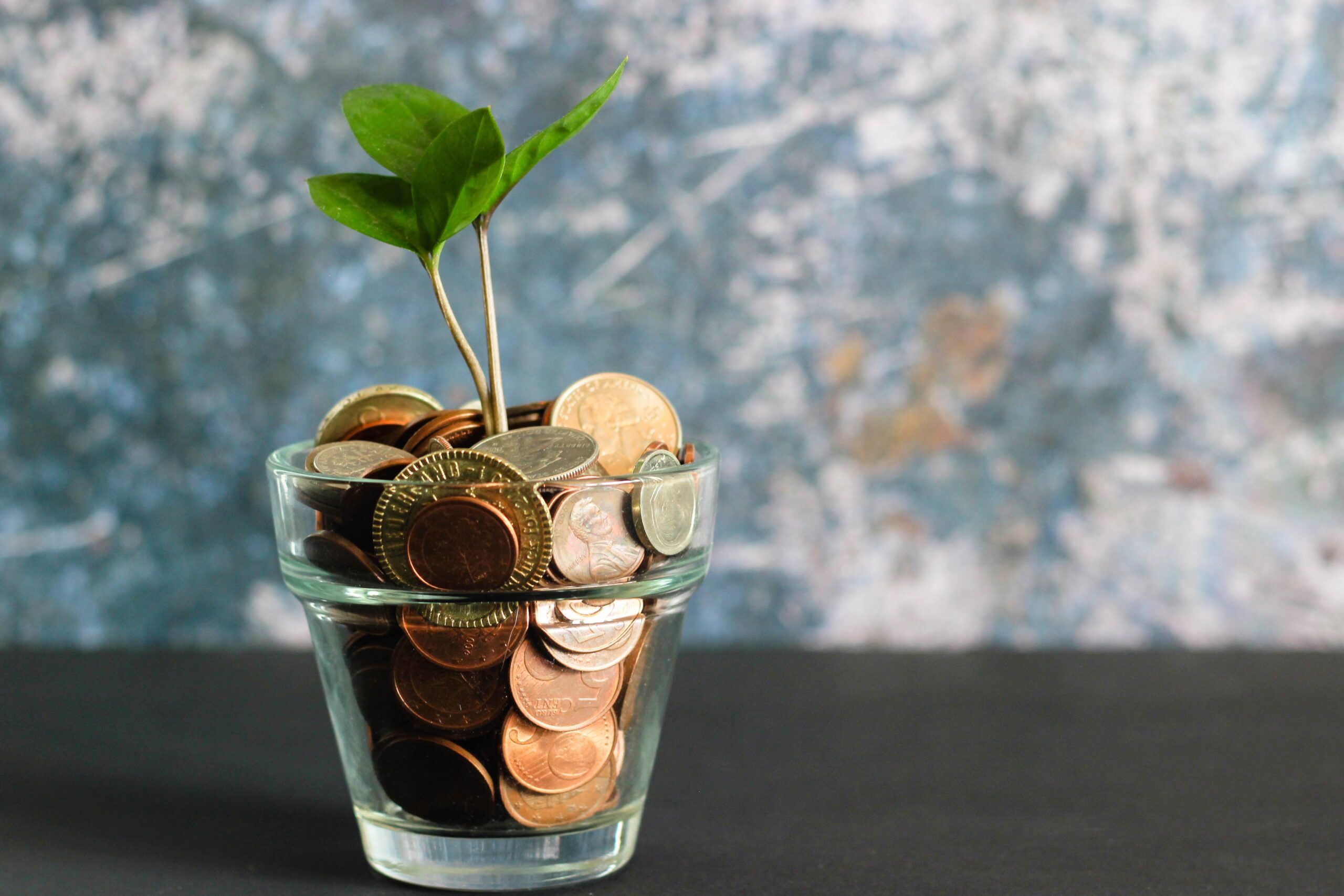Getting help with debt
How to go Bankrupt
– Bankruptcy Informaion –
Fact find if this is a viable option for you
Is bankruptcy the right solution for you?
How to Go Bankrupt may not be suitable in all circumstances. Your credit rating may be affected. Fees apply on successful applications which will be advised and built into your payment plan.
– Fact Finder –
More details on Bankruptcy and How to Go Bankrupt
Guide on How to go bankrupt
Filing for personal bankruptcy is a process that can be completed online through the Insolvency Service Portal. This process does not require a court hearing or a judge’s involvement. Instead, an Adjudicator from the Insolvency Service will determine your eligibility when looking at How to Go Bankrupt.
It’s recommended to prepare a budget before beginning your application. This budget should include your total income and monthly living expenses.
When applying, you will need to provide various documents, such as:
Income Information
- Examples: Wage slips, benefits statements, pension statements
Expense Details
- This includes, but is not limited to:
- Household bills (e.g., electricity, gas, water)
- Rent or mortgage payments
- Secured loan repayments
- Council tax or rates
- Hire purchase or rental agreements
- Child maintenance payments
- Other necessary expenses for maintaining a reasonable lifestyle (such as clothing, travel, parenting costs)
Debt Information
- Examples of debts to declare:
- Credit card balances
- Unsecured loans
- Unpaid council tax from previous years
- Letters from enforcement agents or bailiffs
- Deductions from benefits
- Court fines
- Any other outstanding debts (like unpaid utility bills from a previous address)
Things to Consider on How to go Bankrupt
- Long-term Financial Impact: Understand the lasting effect on your credit score and financial reputation. Future loans, credit cards, and certain job opportunities may be affected.
- Eligibility and Alternatives: Confirm your eligibility for bankruptcy and explore other debt relief options such as debt consolidation, negotiation with creditors, or an Individual Voluntary Arrangement (IVA).
- Asset Liquidation: Be aware that bankruptcy often involves liquidating assets to pay off debts, which could include your home, car, and other valuables.
- Cost of Filing: Account for the costs associated with filing for bankruptcy, including court fees and possibly attorney fees.
- Impact on Creditors: Consider the effects on your creditors. Some debts, like student loans, child support, and alimony, may not be dischargeable.
- Emotional and Psychological Effects: Prepare for the stressful and emotionally taxing nature of the bankruptcy process.
- Public Record: Bankruptcy filings are public records, making your financial situation a matter of public knowledge.
- Future Credit and Interest Rates: Post-bankruptcy, obtaining credit can be more challenging, with potentially higher interest rates.
- Employment Implications: Some professions have restrictions related to bankruptcy, which could impact your current or future employment, especially in finance-related fields.
- Legal Advice: Seek legal counsel to understand the full implications of bankruptcy and for assistance in the process.
- Financial Management Education: Engage in financial management education post-bankruptcy to avoid future financial difficulties.
- Timeframe and Discharge: Understand the duration of the bankruptcy process and the timeline for having your debts discharged.
Bankruptcy
Bankruptcy is a legally binding debt solution to resolve a debt problem that cannot be resolved. In Scotland, this is sometimes called sequestration. Consider the following before deciding how to go bankrupt.
Bankruptcy Benefits
Bankruptcy often lasts for only 12 months in total.
Once approved, creditors can no longer proceed with legal action against you.
Creditors are no longer able to contact you regarding your debts.
Interest and charges are frozen once the bankruptcy application has been approved.
Bankruptcy Considerations
If you own a home or possessions of significant value, these items could be sold to help repay your debts.
There is an application fee of £680, although this can be paid in installments.
You could be asked to make payments towards your debts for a period of up to 3 years.
Bankruptcy will be recorded and have a negative impact on your credit file for a period of 6 years.
Your personal details will be recorded on the Insolvency Register which is a public record.
Bankruptcy may impact your employment; therefore, you should always check the terms of your employment contract before making an application. You are also unable to be a company director unless you have permission from the court.
If you wish to see if you are eligible for Bankruptcy, our expert team of Advisors are here to help.
If you feel that bankruptcy is the only option for you, you can start the process on the government website how to go bankrupt
